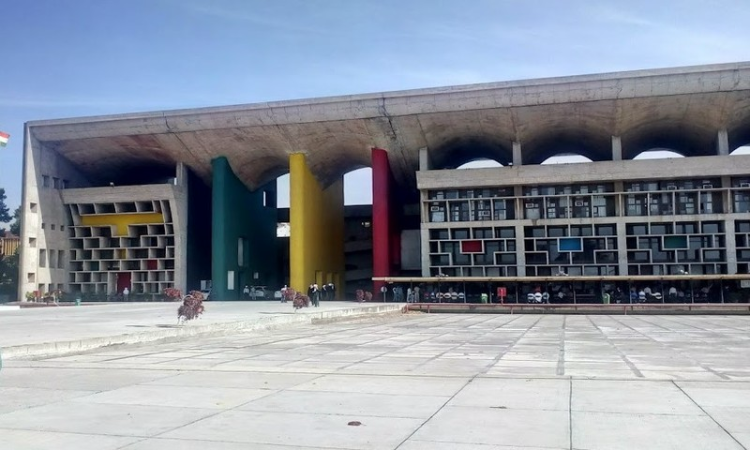Punjab And Haryana High Court Acquits Patwari Convicted For Taking ₹2500 Bribe In 2002
Rahul Garg
30 Oct 2022 12:18 PM IST

Next Story
30 Oct 2022 12:18 PM IST
The Punjab and Haryana High Court recently acquitted a public servant convicted for accepting bribe in a case under Prevention of Corruption Act, 1988, on the ground that evidence of 'demand' and 'acceptance' of bribe was not available.The appellant, a patwari, in 2004 had appealed against his conviction and sentence under the provisions of Sections 7, 13 (1) (d) read with Section 13(2) of...
